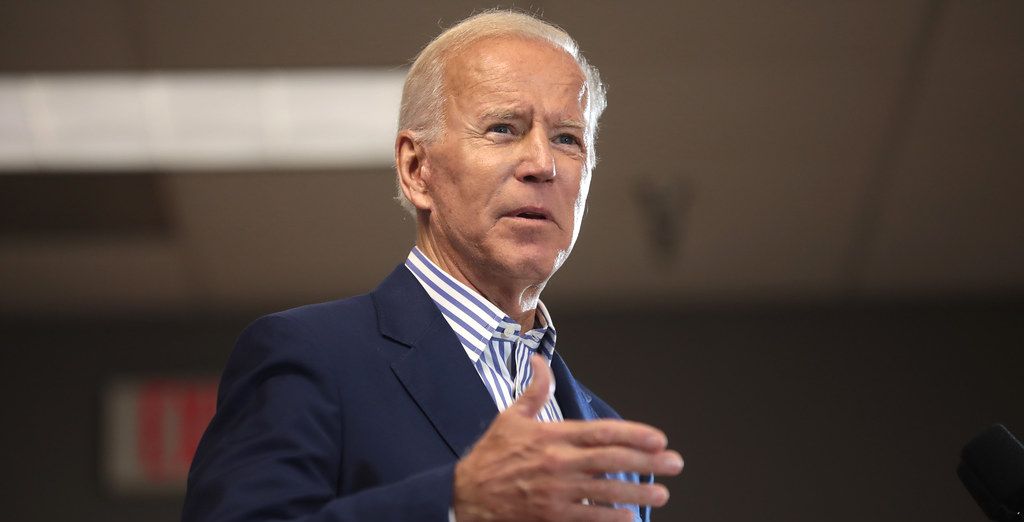As President Joe Biden settles into his term, he and the fully Democratic Congress have their eyes on a specific prize for labor reform: The Protecting the Right to Organize (PRO) Act. It is one of the broadest and most controversial pieces of labor legislation in decades. The name seems innocuous enough, but embedded in the PRO Act are provisions that threaten tens of millions of workers’ ability to earn as they choose.
What is the PRO Act?
The legislation is modeled off of California’s 2019 bill AB5. That bill reclassified hundreds of thousands of gig workers into employees, as opposed to independent contractors. This means instead of having the flexibility offered by these gig jobs (Uber, Lyft, Shipt, DoorDash, and other freelancers), these people now must largely be classified as W-2 employees, and be given all the (expensive) benefits required by labor law.
Some industries received exemptions under the law, but it still passed. A ballot initiative later created more exemptions for certain companies so their workers could still operate as independent contractors. Nonetheless, the law still stands and the litigation over it continues.
Now, the President and Congress want to make that state law at the federal level, as well. The alleged intention of the bill is to enable unionization, but that already exists, albeit to varying degrees, among the states. The PRO Act could effectively override many states’ right-to-work laws and require union membership for many jobs. And for jobs that are not as likely to become unionized, they may be eliminated entirely as a consequence.
The PRO Act’s Intentions vs. Effects
There is a law of unintended consequences in economics. The government may have one intention for its policies, but in reality, the effects are something else. No amount of good intentions can overcome the laws of economics. Good people end up hurt because of the refusal to accept this policy fact.
A survey of small business owners by Alignable found a staggering number who believe the PRO Act represents a mortal threat to their existence. Many solopreneurs use freelance contract work to earn their living, including reporters, photographers, writers, and marketers.
There are also people who do freelance gig work as a means of supplementing their income to pay the bills. Indeed, our financial counselors have many clients with a significant need for these flexible jobs, and sometimes in the past, they have also relied on gig work to make it through while in between jobs. If not for the flexibility and immediacy offered by these jobs, there would be much greater financial hardship across the board.
Also consider that many people opt out of union representation because of fundamental disagreements with many union ideological stances. Labor unions are, by and large, very left-wing and donate almost exclusively to Democratic candidates. By forcing people to join these unions as a condition of employment, these people’s earnings are being forcibly taken to pay for things the employees do not agree with.
What We Can Do
The PRO Act has already passed the House of Representatives and will be debated in the Senate. For the sake of those who rely on the flexibility of gig and independent contract work, it is critical that this Act not be passed and signed into law.
You can call and write your U.S. Senators to tell them about this threat to their ability to make ends meet. Odds are, many of us will have to rely on gig work at some point. And thankfully, these options are available. Twenty years ago, none of this existed. But thanks to entrepreneurs innovating and creating and marketing their ideas, tens of millions of people have extra work opportunities at their fingertips at whatever time works for them.
Eliminating this progress is, to us, a catastrophic idea. We need to take a stand for our friends, family members, and fellow citizens who rely on these jobs. Intentions are not enough. We must look at the actual effects of these kinds of measures. Together, we can protect those who rely on these income sources so that they can continue their journey to financial freedom.

